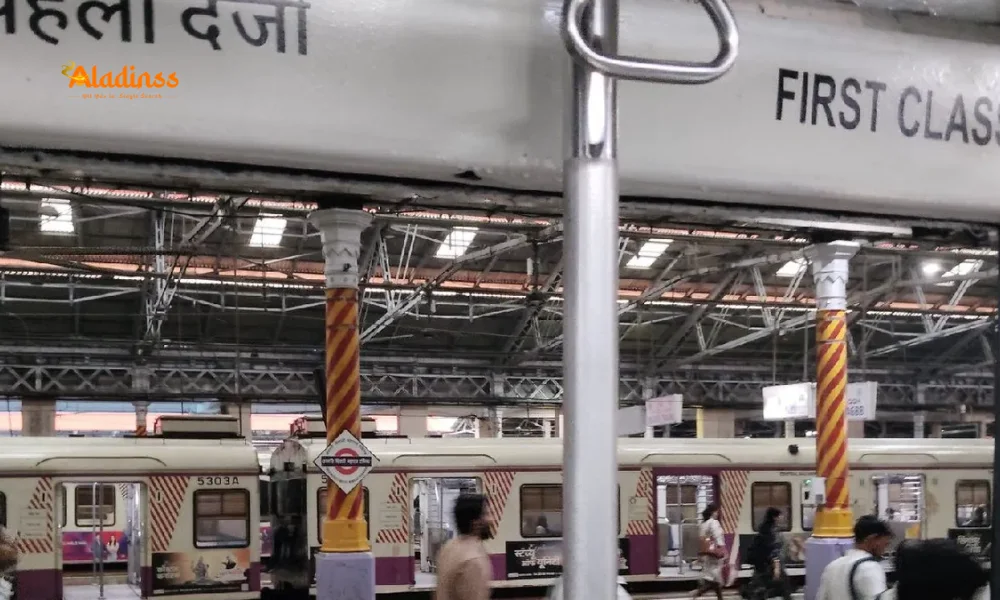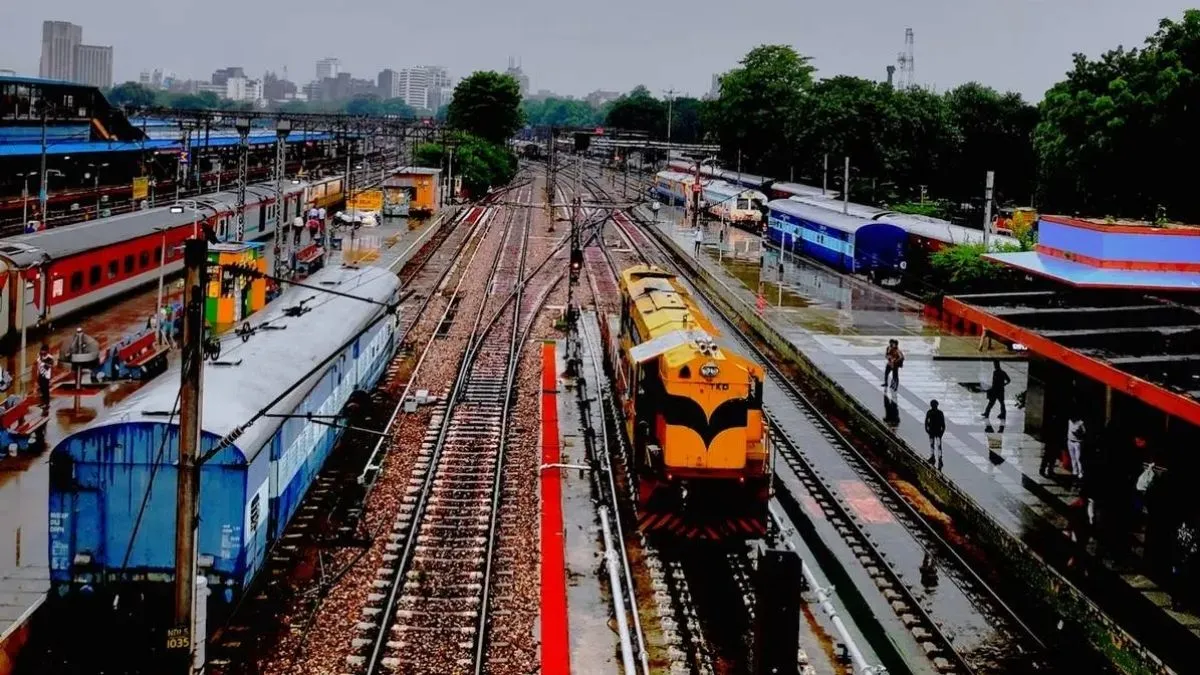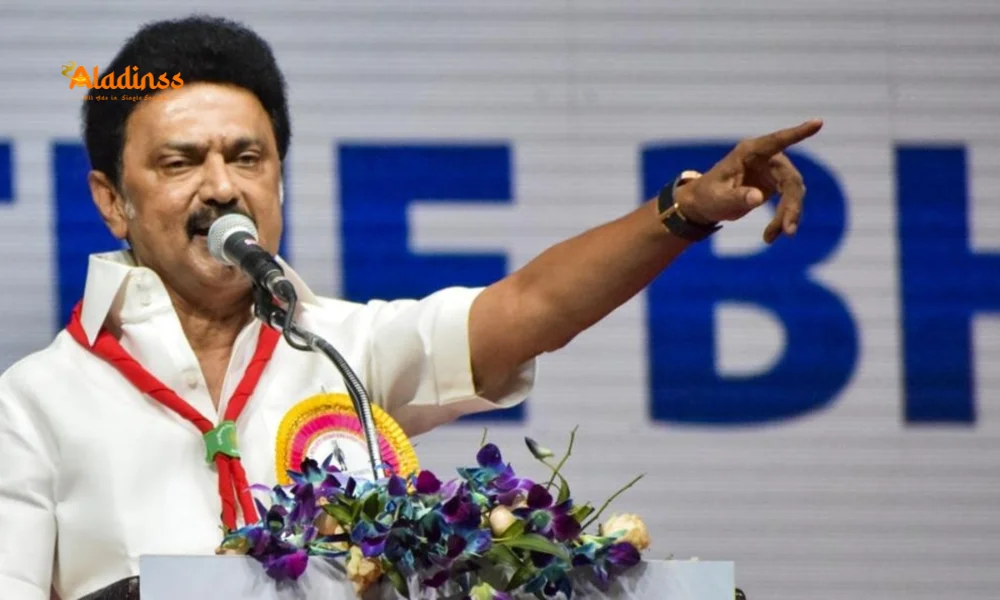Southern Railway’s Hindi Usage Order Sparks Controversy in Tamil Nadu

Southern Railway’s Hindi Usage Order Sparks Controversy in Tamil Nadu and Southern States
Southern Railway’s recent directive to increase the use of Hindi in daily office operations has ignited a firestorm of controversy across Tamil Nadu and other southern states, including Andhra Pradesh, Kerala, Karnataka, and Telangana. Issued by the Deputy General Manager (Official Language), Suresh Chandra, the order mandates all chief officers across divisions to enhance the incorporation of Hindi in official communications, ticketing counters, and public-facing services. With approximately 90,000 employees, most of whom hail from southern states where Tamil, Telugu, Kannada, Malayalam, and English dominate, the directive has reignited long-standing debates about Hindi imposition in non-Hindi-speaking regions. This move, aligned with the Central Government’s broader push to promote Hindi, has raised concerns about linguistic marginalization and cultural sensitivity in India’s diverse southern states.

Details of the Southern Railway Directive
On August 14, 2025, Southern Railway, headquartered in Chennai, issued a circular urging its officers to maximize the use of Hindi in official work as part of a month-long special drive ending on September 15, 2025. The directive, issued by Suresh Chandra, emphasizes the inclusion of Hindi in dictations, inspection notes, approvals, and public-facing services such as ticket counters and railway banks. Officers are required to monitor progress during departmental inspections and submit a report by September 19, detailing the extent of Hindi implementation. The order aligns with the Central Government’s annual program for 2025-26, which seeks to expand Hindi usage in government offices to promote it as an official language in line with constitutional objectives.
Southern Railway, which oversees operations in Tamil Nadu, Kerala, Puducherry, and parts of Andhra Pradesh, employs a diverse workforce of approximately 90,000, predominantly from southern states. Historically, Tamil and English have been the primary languages for internal communications and public interactions within the railway’s operations. The new directive, however, calls for Hindi to be integrated into office documents, internal reports, orders, and daily operations, raising questions about its practicality and reception in regions where Hindi is not widely spoken.
Historical Context of Hindi Imposition Debates
The push to increase Hindi usage in Southern Railway is not an isolated incident but part of a recurring controversy in southern states. Tamil Nadu, in particular, has a long history of resisting perceived Hindi imposition, dating back to the anti-Hindi protests of 1937–1940 and the violent agitations of 1965, which resulted in significant casualties. These protests led to the Official Languages Act of 1967, which ensured that English would continue as a link language alongside Hindi in non-Hindi-speaking states. Despite this, periodic efforts by the Central Government to promote Hindi have sparked backlash, with political parties like the Dravida Munnetra Kazhagam (DMK) accusing the BJP-led government of undermining regional linguistic identities.
In recent years, allegations of Hindi imposition have surfaced in various contexts, including the National Education Policy (NEP) 2020 and previous railway directives. For instance, a 2019 Southern Railway circular mandating English and Hindi for communication between divisional control officers and station masters was withdrawn after protests from the DMK and other opposition parties. The current order, while described by Southern Railway as a “routine” initiative to align with national policy, has reignited similar concerns, particularly in Tamil Nadu, where linguistic pride is a central political issue.
Public and Political Reactions
The directive has drawn sharp criticism from political parties and civil society groups in Tamil Nadu, who view it as an attempt to marginalize regional languages like Tamil. The DMK, led by Chief Minister M.K. Stalin, has been vocal in its opposition, accusing the Central Government of imposing Hindi on non-Hindi-speaking states. Stalin has previously labeled such moves as “Hindi domination” and a threat to linguistic diversity. Other regional parties, including the Pattali Makkal Katchi (PMK), have echoed these sentiments, arguing that railway employees should be encouraged to learn Tamil to better serve the local population rather than prioritizing Hindi.
Public reactions have been equally intense, with social media platforms buzzing with criticism of the directive. In February 2025, pro-Tamil activists defaced Hindi text on a railway signboard at Pollachi Junction, an act that led to a police case under the Railways Act but highlighted the depth of anti-Hindi sentiment in the state. The current order has amplified existing grievances, particularly allegations that Northern state employees, who primarily speak Hindi, are being preferentially hired at railway counters in Tamil Nadu, creating communication barriers for Tamil-speaking passengers.
Concerns Over Implementation
Critics argue that the directive could create practical challenges for both employees and the public. Southern Railway’s workforce, predominantly from southern states, may lack proficiency in Hindi, potentially leading to inefficiencies in internal communications. For instance, requiring dictations and approvals in Hindi could slow down operations and create confusion among non-Hindi-speaking staff. Similarly, mandating Hindi at ticket counters and public-facing services risks alienating passengers who rely on Tamil or English for communication, particularly in rural areas where Hindi is rarely spoken.
The directive also raises questions about its mandatory nature. While Southern Railway officials have clarified that the use of Hindi is advisory and not compulsory in non-Hindi-speaking states like Tamil Nadu, the emphasis on monitoring progress and linking Hindi usage to officer assessments has fueled perceptions of coercion. Critics argue that this approach could disadvantage employees who are more comfortable working in regional languages or English, potentially affecting morale and productivity.
Broader Implications for Southern States
The controversy extends beyond Tamil Nadu, with implications for other southern states like Andhra Pradesh, Kerala, Karnataka, and Telangana, which are part of Southern Railway’s jurisdiction. These states, classified as Region ‘C’ by the Central Government due to their low prevalence of Hindi, have historically resisted efforts to prioritize Hindi over regional languages. Leaders like Vaiko from the Marumalarchi Dravida Munnetra Kazhagam (MDMK) have warned that such moves could lead to widespread outrage, citing past resistance to the three-language formula in the NEP.
In Karnataka and Kerala, similar sentiments have emerged, with local leaders arguing that the directive undermines federalism and linguistic diversity. The absence of regional languages in public services, such as railway announcements and signage, has been a long-standing grievance, and the push for Hindi is seen as exacerbating this issue. Political analysts suggest that the controversy could galvanize regional parties to unite against the Central Government’s language policy, potentially impacting the BJP’s electoral prospects in southern states.
Southern Railway’s Defense and Next Steps
Southern Railway officials have sought to downplay the controversy, describing the directive as a routine effort to align with the Central Government’s official language policy. A spokesperson emphasized that the initiative is not intended to marginalize regional languages but to promote Hindi alongside English in public services. The railway has also highlighted the need for officers to ensure maximum participation in the special drive, with progress reports to be reviewed during inspections. However, the lack of clarity on how Hindi usage will be balanced with regional languages has left room for skepticism.
As the special drive continues until September 15, 2025, Southern Railway faces the challenge of implementing the directive without alienating its workforce or the public. The controversy has already sparked protests, with political parties and activists planning further demonstrations to oppose the perceived imposition of Hindi. The outcome of this initiative could set a precedent for how language policies are enforced in India’s diverse regions, particularly in the context of federalism and cultural identity.
Comment / Reply From
No comments yet. Be the first to comment!











